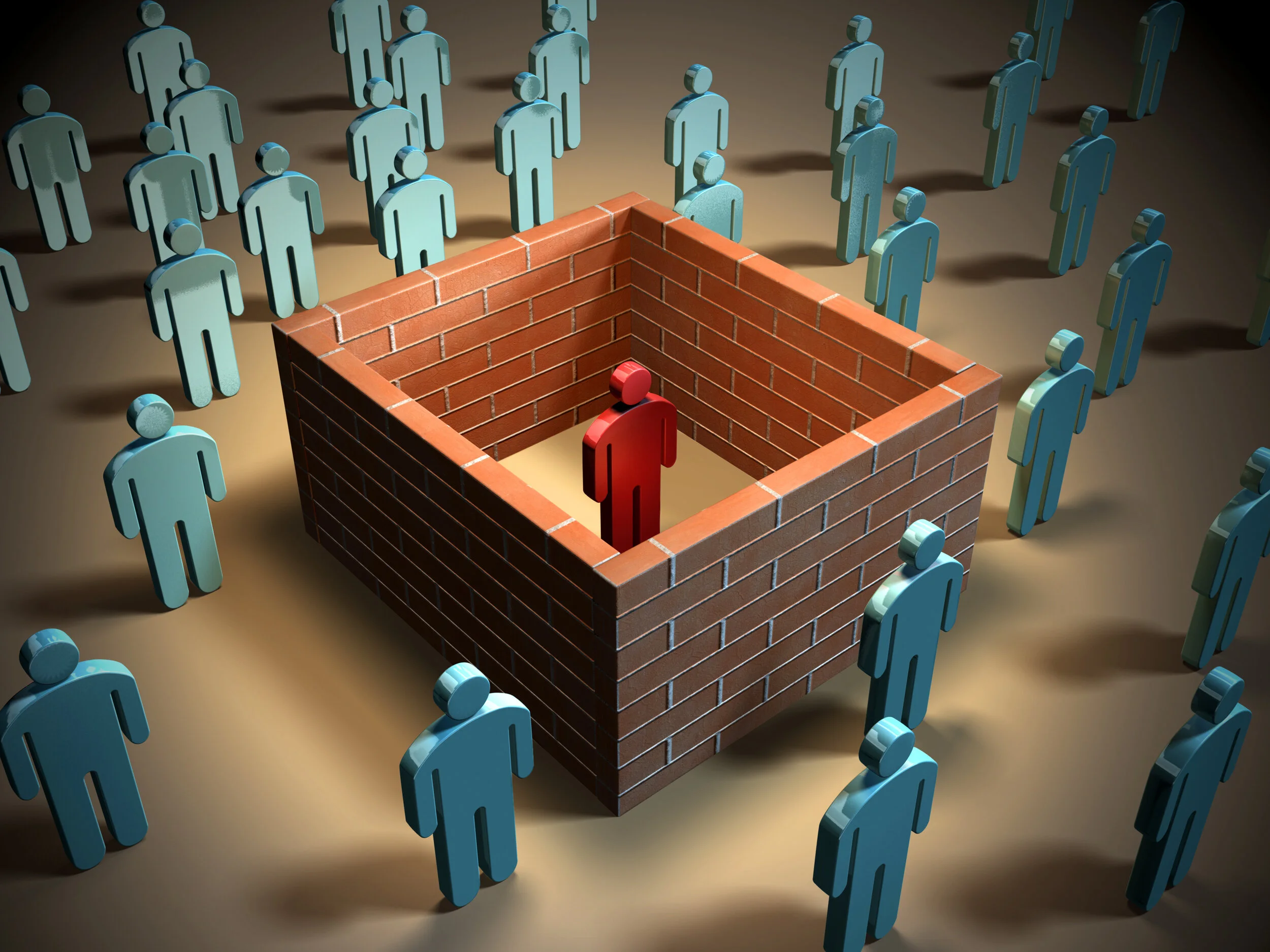If you are a patient, you know stigma. Whether physical or psychological, when people hear you have a medical issue, they often make the leap to ‘defective.’ Even if you have not experienced stigma firsthand, you live in fear of it – that it will keep you from getting a job or that you will have to expose your differentness to gain access to the things you need. It’s a terrible feeling, kind of a sick tightness in the pit of your stomach.
Which was why I was so dismayed to hear (and hear and hear) that we are now attaching stigma to COVID patients.
Really, people? This year hasn’t been hard enough?
We know that with COVID, even the mild cases are difficult. You know how bad you feel when you have a fever for a couple of days. Your body is activating all of its defenses to ensure your survival. In the process, you literally burn. You are exhausted for days. Now think about how you would feel after two weeks of fever, cough, chills, etc., not knowing whether you will be ok in a few days, or whether you will take a turn for the worse and end up struggling to breathe, having a stroke in your 20s because your blood is clotting abnormally, or with long haul symptoms.
Why, after a friend, relative, or even just an acquaintance has survived this, would you ghost them or lash out at them or be anything other than supportive and grateful that they survived? We have been told what to do to protect ourselves and others. But the truth is that even taking precautions, following all the rules, you can still contract it. Social distancing and wearing a mask reduce your risk by 65%. That’s not 100%, and those who contract COVID often have no way to know how or when it found them.
That’s one of the biggest dangers of this disease. You might get it because of a choice you made, yes, but you could also get it because of a choice someone else made. Do all those judgers out there really think that the patients who contracted COVID in a nursing home are to blame for getting it? If not, then they have no business blaming the patients for what they may or may not have done to place themselves in danger. With this one there is no way to know. Period. End of story.
But we have become a species of judgers. We think that our way is the best way, and we look down on anyone who doesn’t toe our line. We have forgotten that while our way may be best for us, it may not be best for someone else. We are experts in what others deserve, especially those we don’t know. It’s in our politics, in our society, in how we self-segregate. (One of the best things about my building is that pre-pandemic, I could walk onto my elevator and hear Korean, Japanese, Chinese, French, Spanish, Armenian, Arabic, and others that I couldn’t properly identify. I didn’t understand what they were saying, except some of the Spanish perhaps, but just the languages themselves were beautiful.) We judge the superspreader wedding in Maine for their selfishness, but the seven people who died were not attendees.
If you must, go ahead and ghost those who disregard COVID precautions, although it’s not like you can catch something through a text or a call. But stigmatizing those who have been through the ringer and come out the other side makes no sense, especially when there is so much we can’t know. They need our support and our sympathy. The good feelings you will get from helping will far outweigh the temporary satisfaction you get from feeling superior.
I don’t know about you, but adding a way to stigmatize people to our repertoire is not the way I want to start 2021. So, in the interest of moving on from this truly horrible year, please, let’s not.

